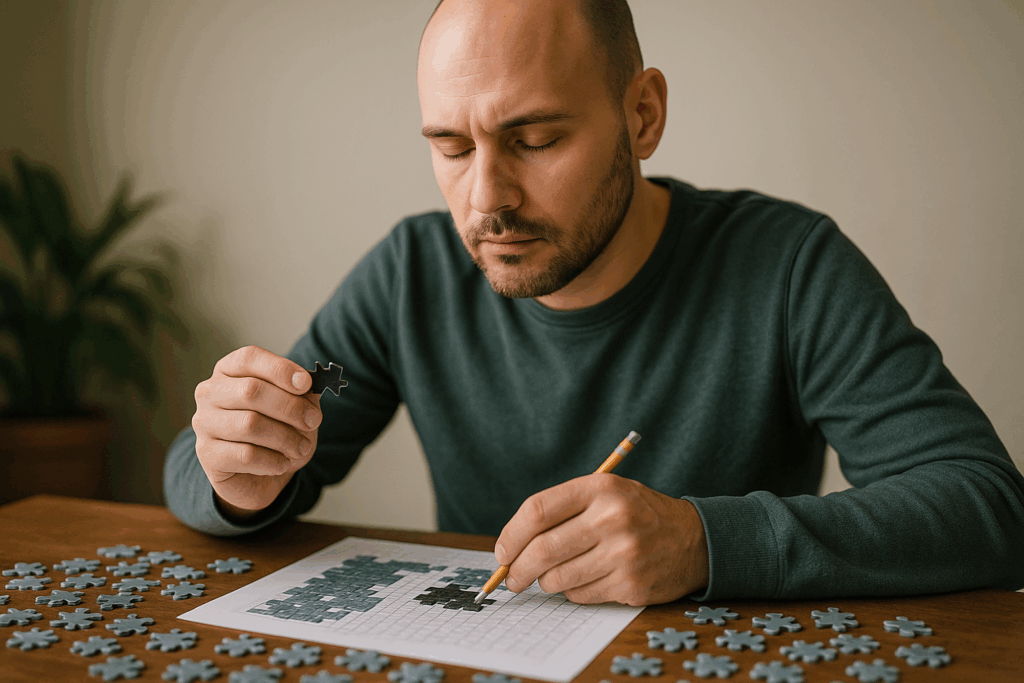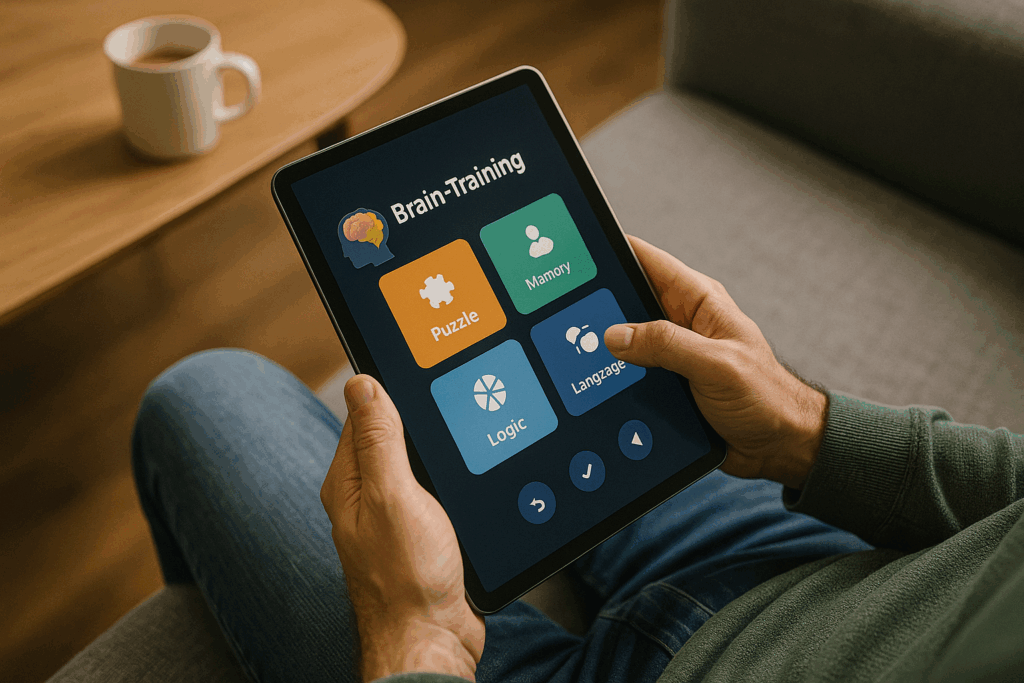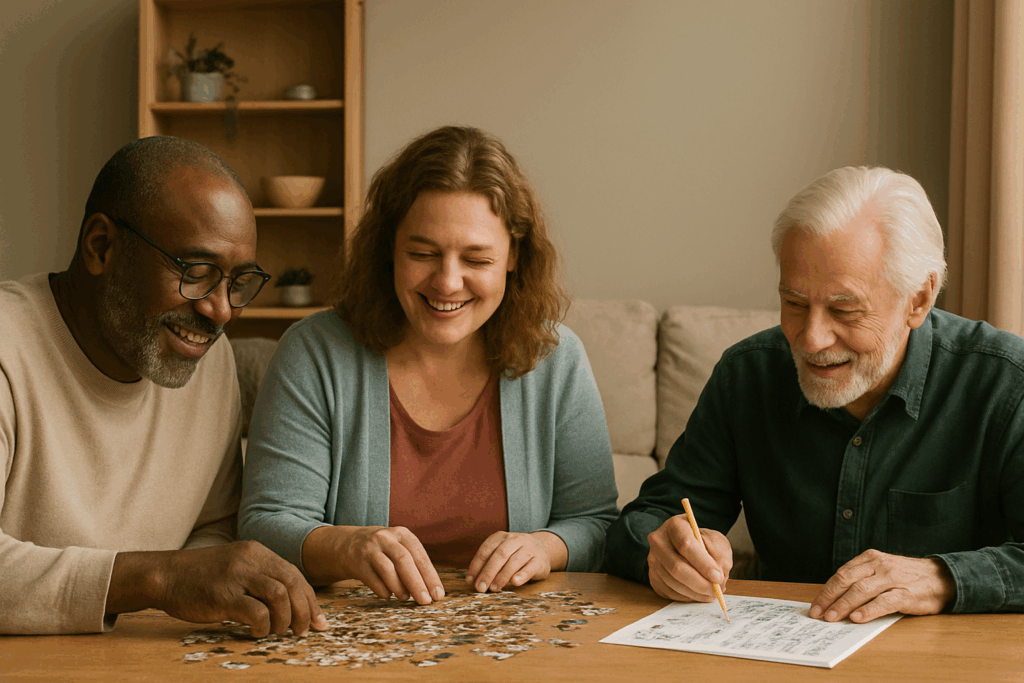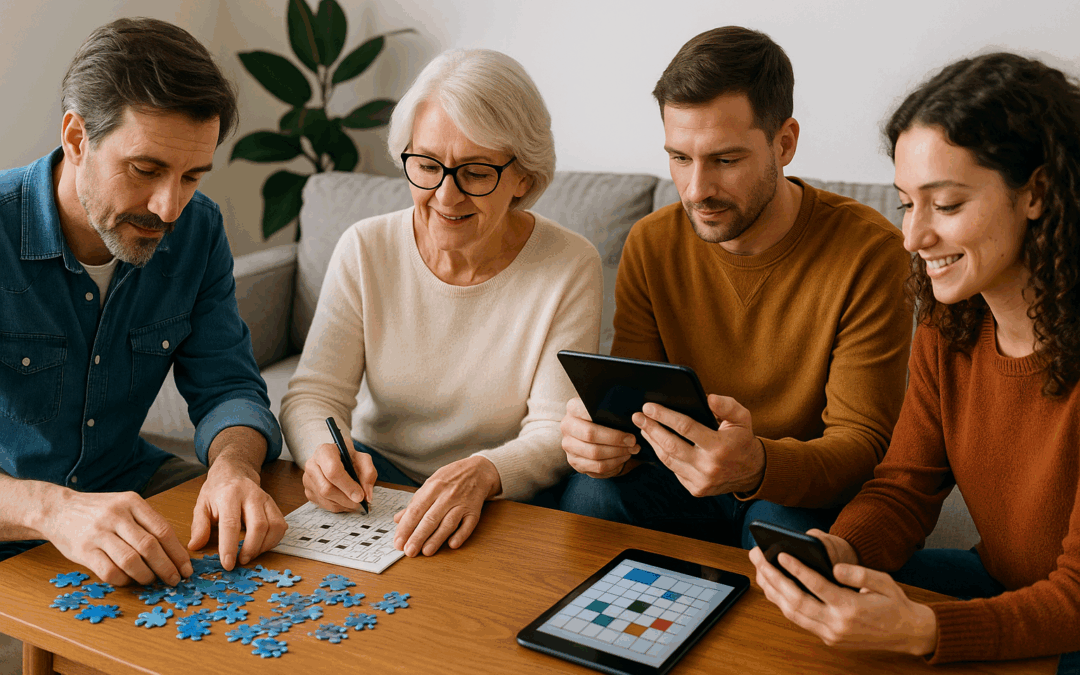Once seen as pastimes for kids or rainy days, puzzles and brain games are enjoying a grown-up renaissance. Adults of all ages are rediscovering the joy of testing their minds with jigsaws, crosswords, Sudoku, and mobile apps that challenge memory, logic, and reasoning. With benefits that go beyond entertainment, these games offer a satisfying mix of leisure and cognitive engagement—perfect for winding down while staying mentally active.
The Mental Benefits Go Beyond Fun

Brain games aren’t just fun—they’re good for your mind. Research increasingly supports the idea that regularly engaging in mental challenges can improve memory retention, sharpen focus, and even slow age-related cognitive decline. Solving a Sudoku puzzle or matching tiles in Mahjong activates parts of the brain responsible for problem-solving, attention, and spatial awareness. These activities stimulate neural pathways, helping to maintain mental flexibility and keep your thinking agile. For adults seeking ways to maintain or boost cognitive health, brain games are a practical and enjoyable tool.
They also offer a healthy form of stress relief. Unlike high-stakes work deadlines or endless scrolling, a puzzle presents a clear, achievable goal. Completing a crossword or placing the final piece of a jigsaw delivers a small, satisfying win—releasing dopamine and giving the brain a positive feedback loop that encourages continued engagement.
From Paper to Pixels: Digital Takes Over

While classic pencil-and-paper puzzles and tabletop games still hold nostalgic value, digital platforms have transformed brain gaming into something more accessible and interactive. Apps like Lumosity, Peak, and Elevate use neuroscience-based exercises to target specific cognitive skills, from language fluency to working memory. Meanwhile, newer entries like Knotwords or Brainwell put a modern spin on traditional formats, offering fresh challenges daily.
These apps often feature built-in tracking, personalized difficulty levels, and sleek interfaces that turn cognitive training into a compelling habit. Adults who may not have time to sit down with a 1,000-piece puzzle can still squeeze in a few brain-boosting minutes on their lunch break or during a commute. The digital shift has made mental fitness portable, flexible, and engaging for even the busiest schedules.
A Social Side to Solving

Though often viewed as a solitary activity, brain games are increasingly social. Puzzle groups, online leaderboards, and mobile games like Words With Friends and Wordle have created new ways for people to connect over shared challenges. Some families establish weekly puzzle nights, while others trade books of crosswords or join digital communities where people share strategies and celebrate victories.
These shared experiences turn puzzles into a vehicle for connection. Whether it’s competing for the best time or collaborating on a jigsaw, solving together fosters a sense of camaraderie and friendly competition. For many adults, this combination of mental stimulation and meaningful social interaction is what makes puzzle play so uniquely rewarding.

